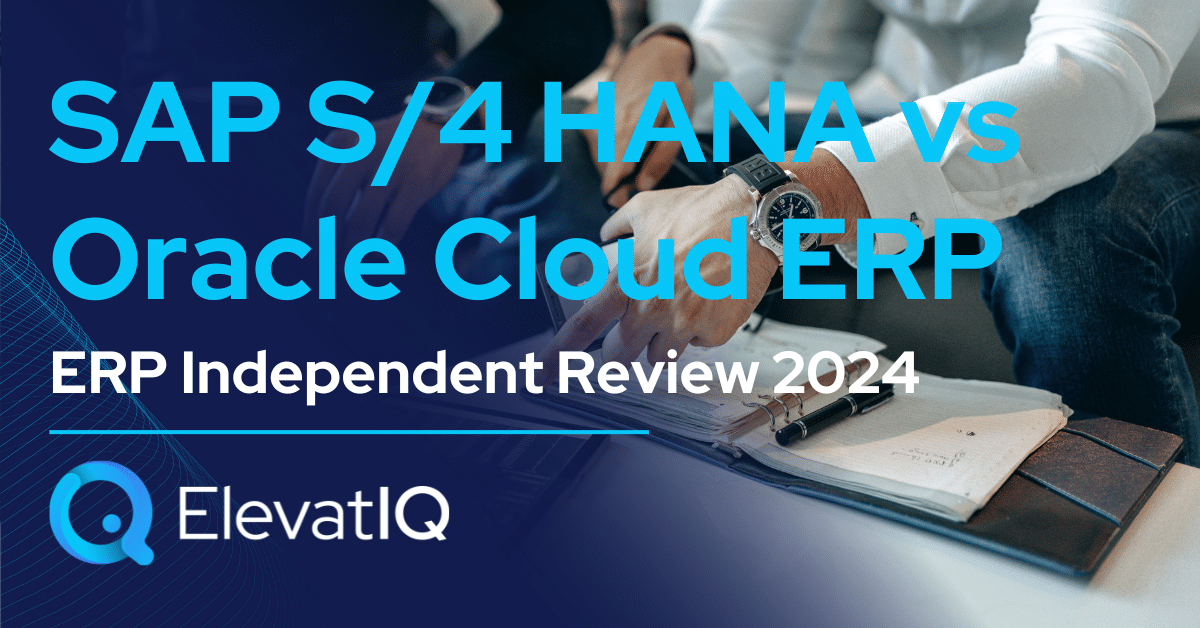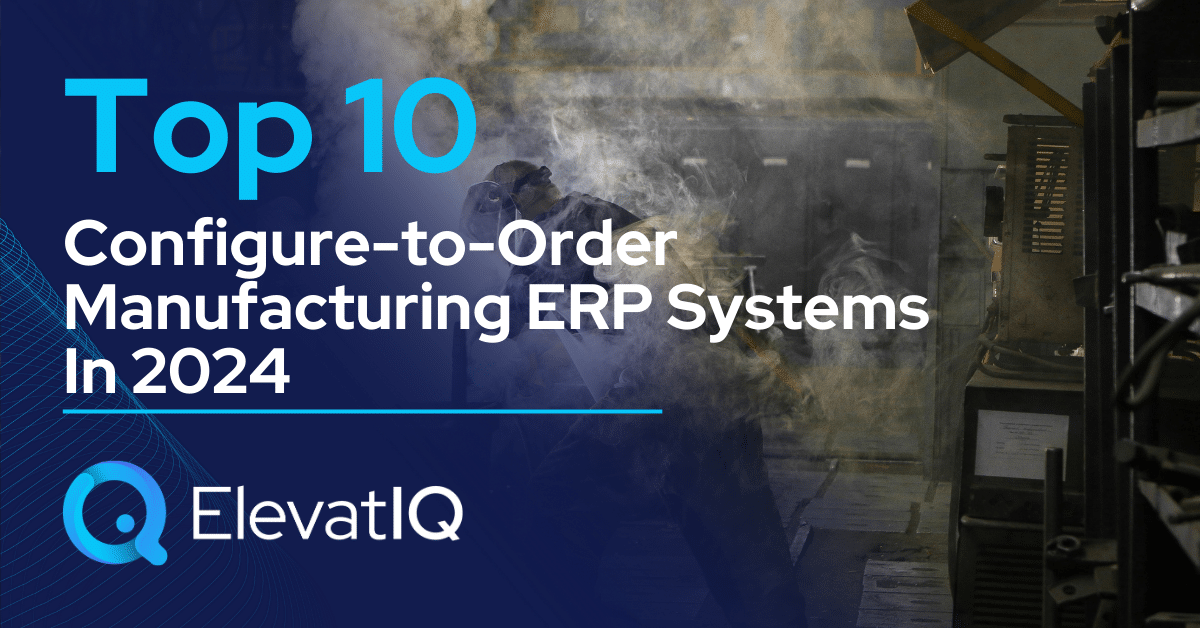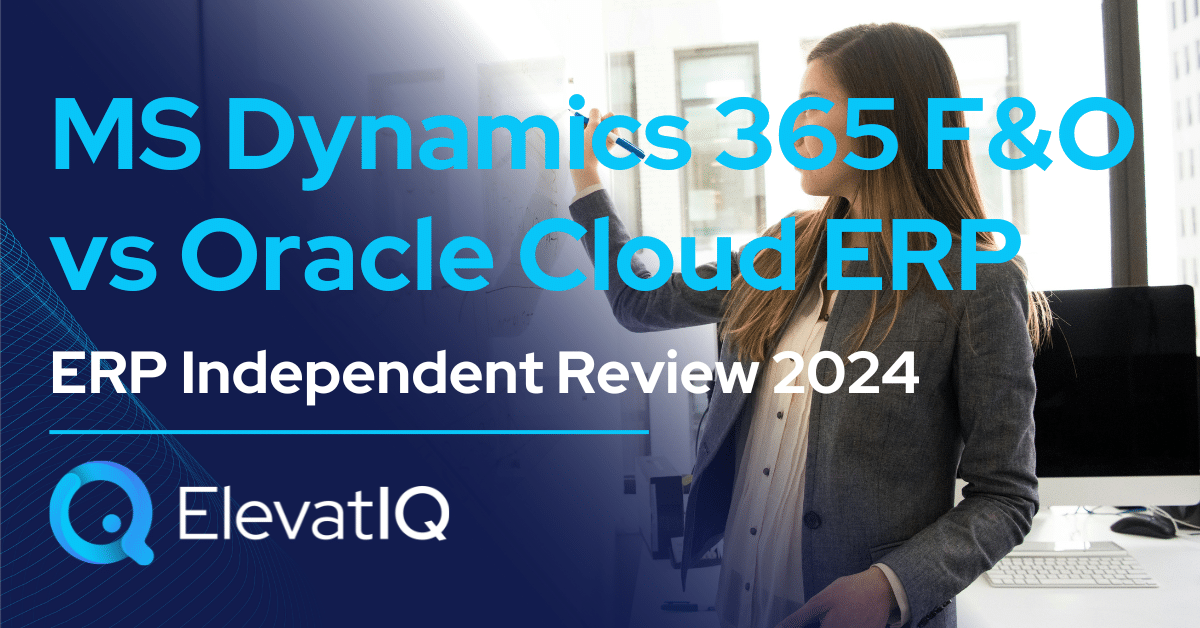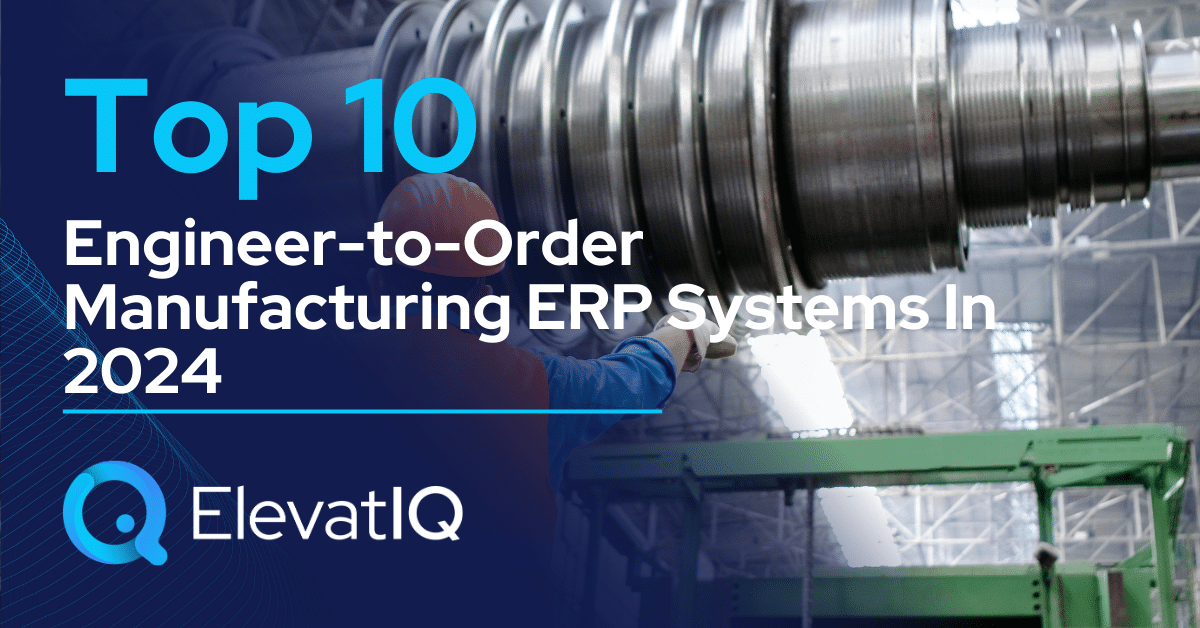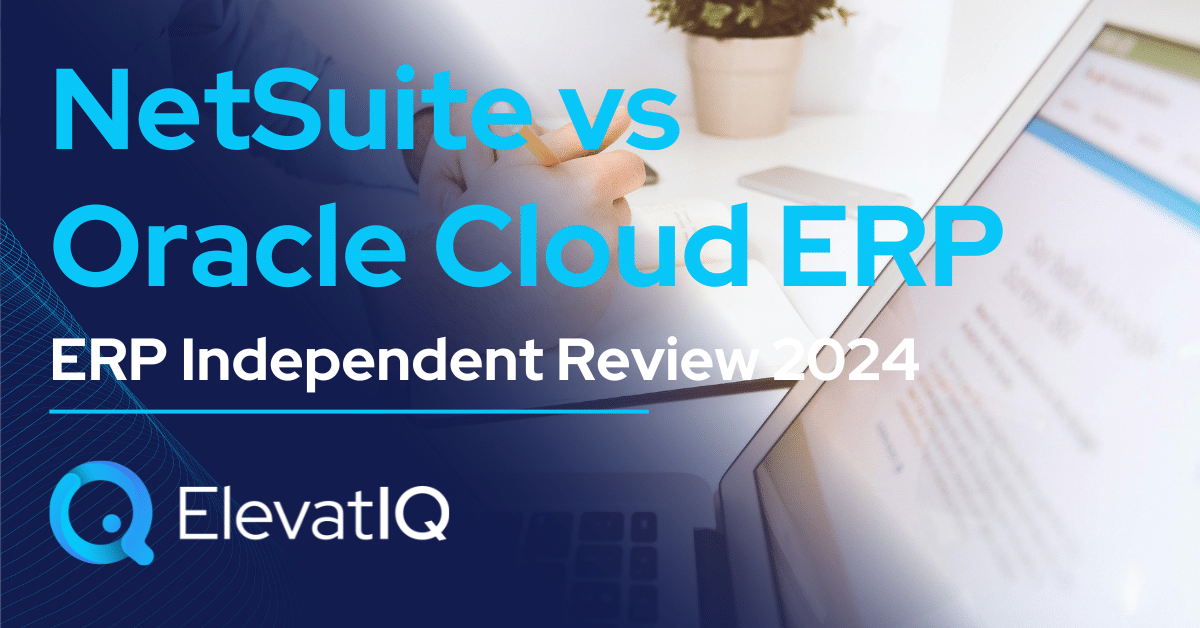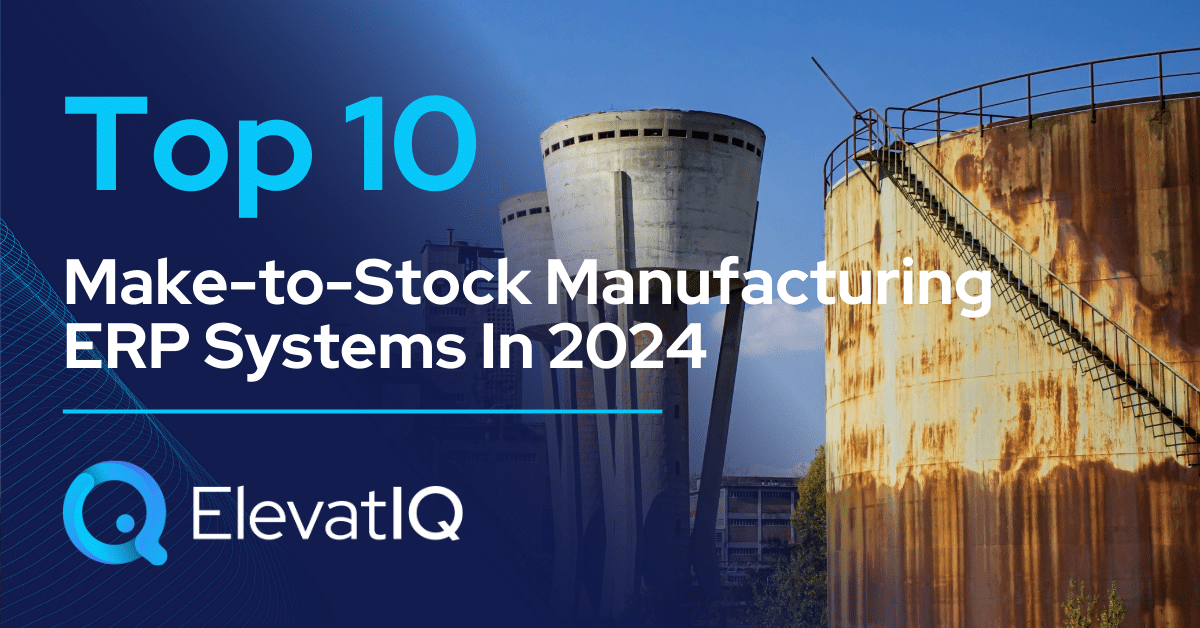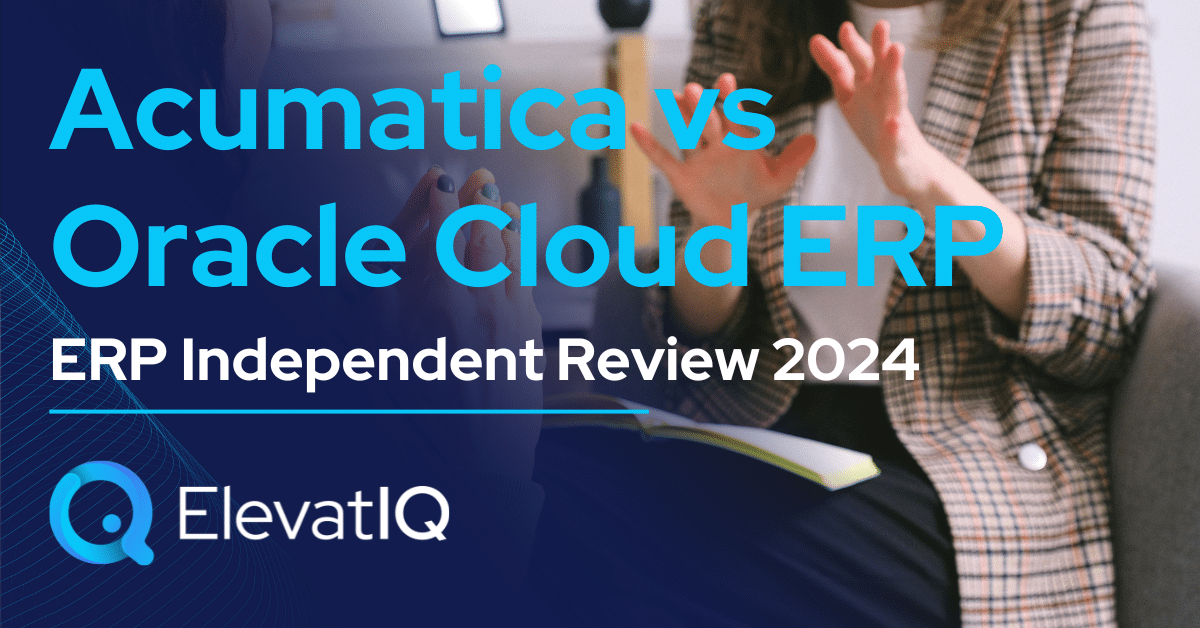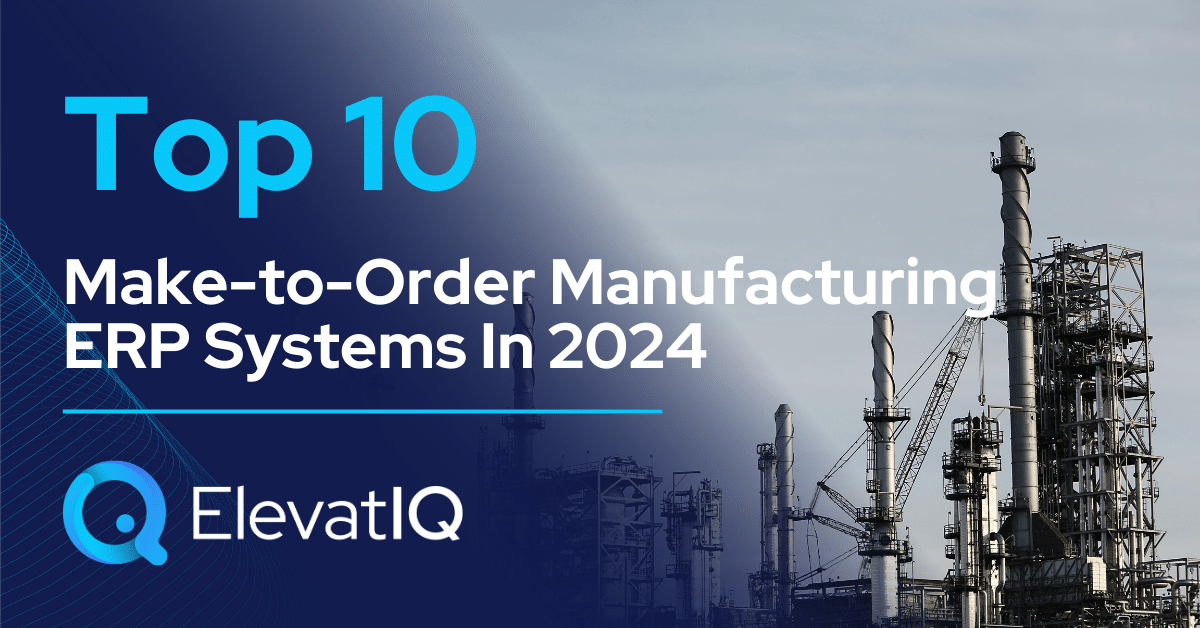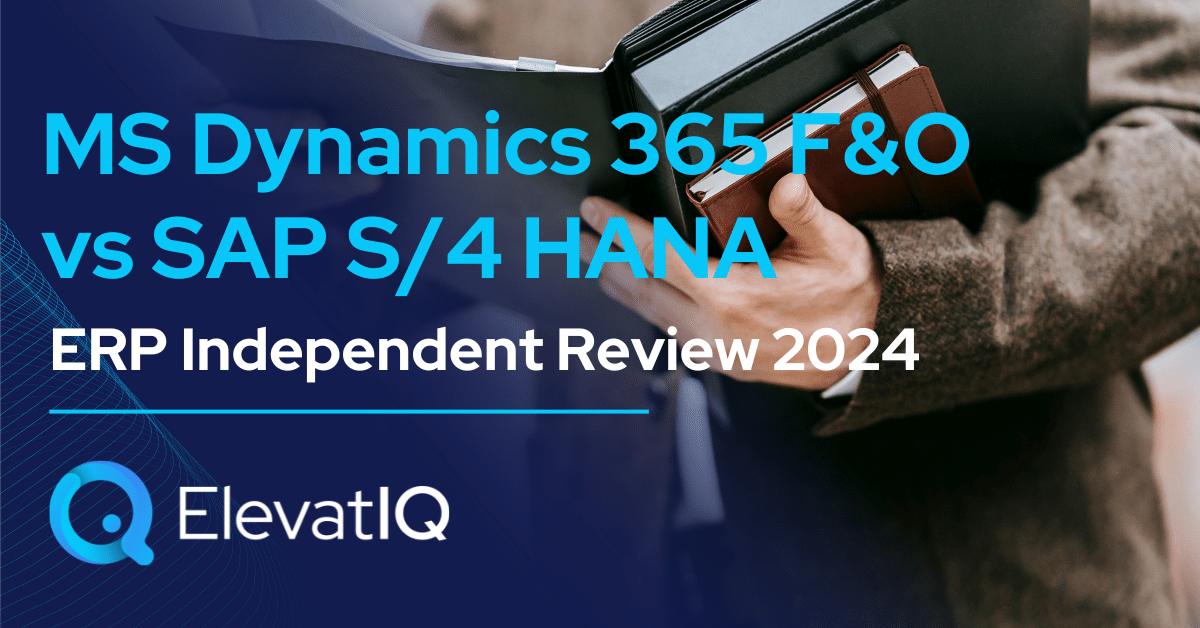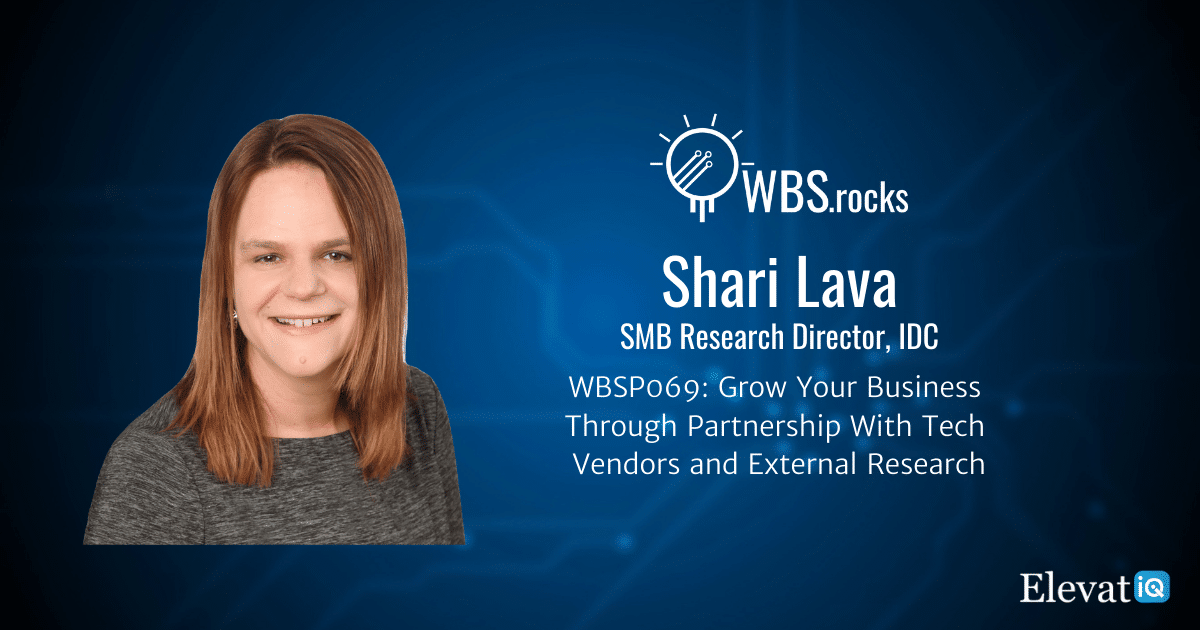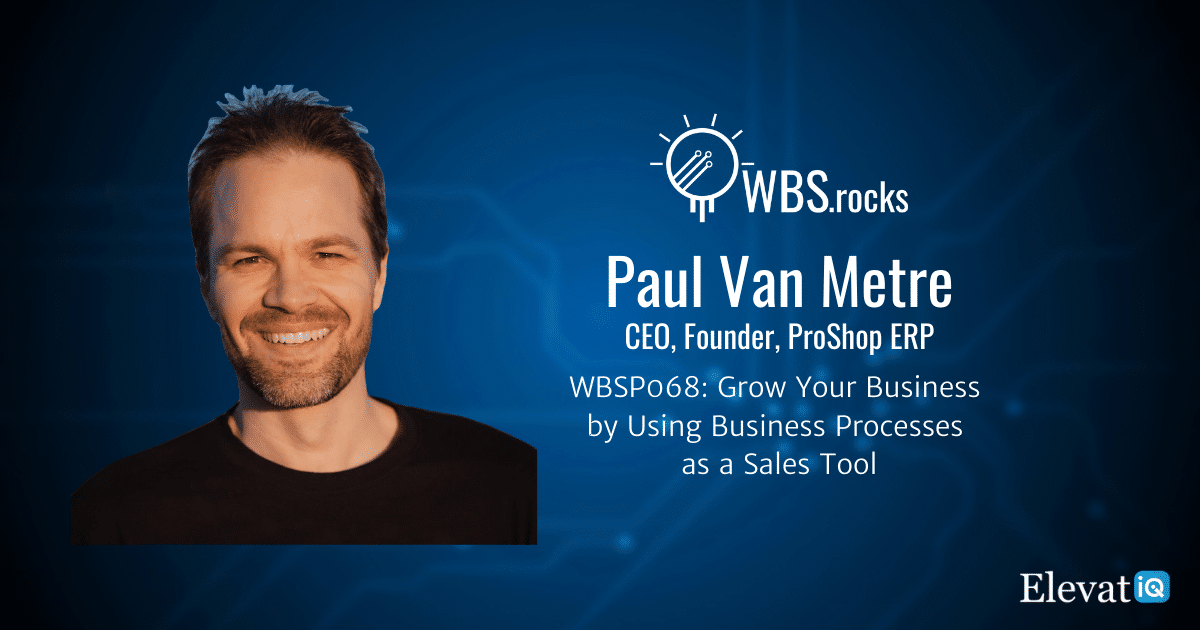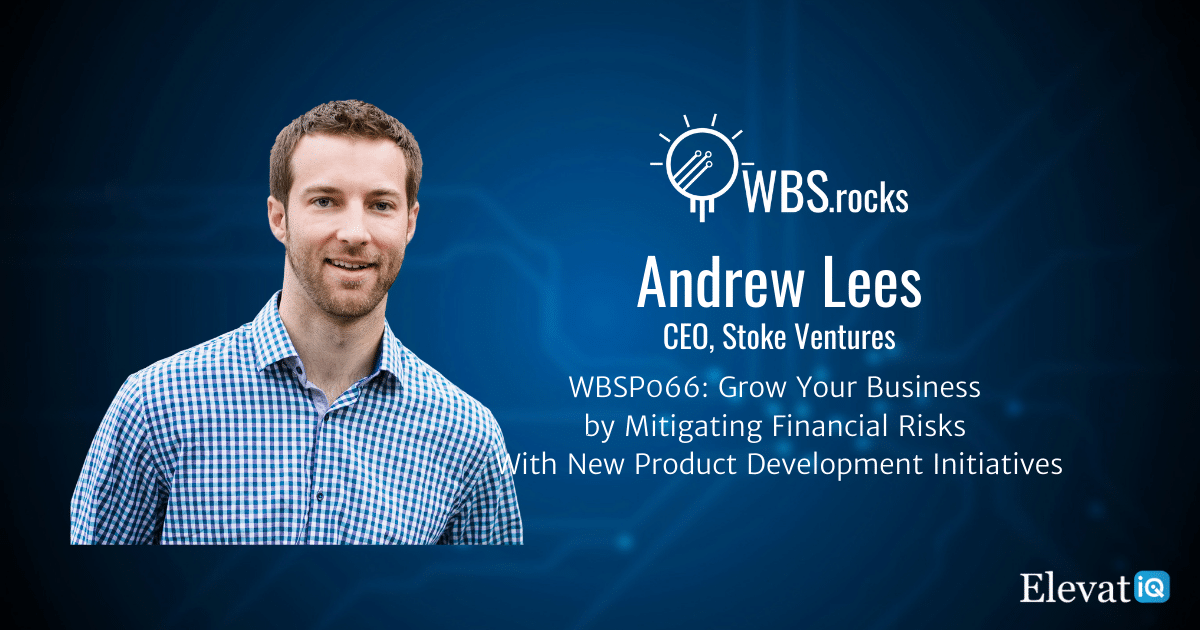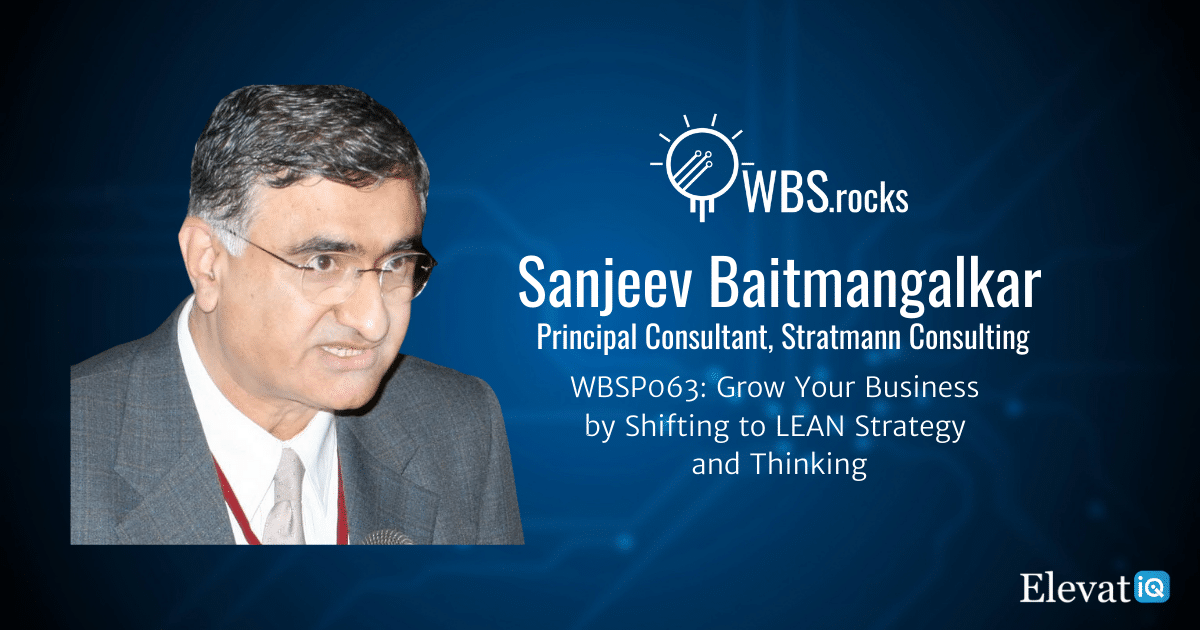Transforming Businesses Digitally
By selecting and implementing cutting-edge commerce and Supply Chain technologies. As well as building the enterprise architecture.
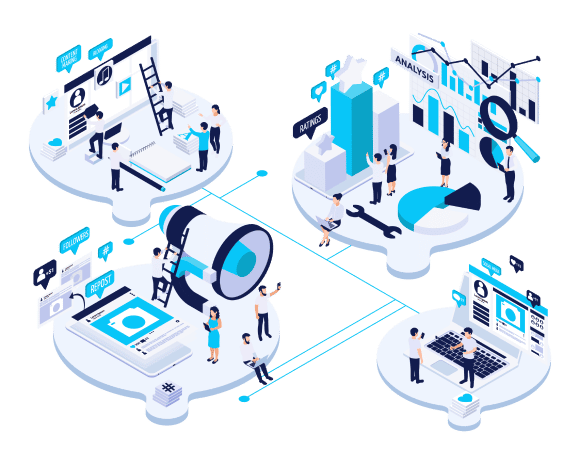
Problems We Solve for Companies
Digitally Transforming Their Businesses
Outgrowing Current Systems
Current systems bottleneck to your growth? Data siloes causing your SG&A to grow faster than your revenue? Integration issues with current systems and processes? Significant admin efforts and fragmented customer experience? ElevatIQ can help when you might be outgrowing your current systems. As well as in defining your digital roadmap and planning your operations.
Transforming Business Model
Curious about a newer business model but not sure how to scale your operations and systems? The newer business model is different from your existing business processes? The new business model requires a completely different architecture and strategy. ElevatIQ can help you define the operational capacity and integration architecture consistent with the new business model.
Consolidating System Footprint
Have too many systems in the architecture? Grew system landscape because of the acquisitions? The current systems feel outdated, with significant data silos? Not sure whether consolidation is the right strategy and will produce business results? ElevatIQ can help consolidate your system footprint and create strategies aligned with your business goals.
Inventory and Supply Chain Issues
Have significant inventory issues across channels and reconciling by making journal entries? Have substantial demand forecasting issues, and planning doesn’t work as expected? Significant issues in overstocking inventory and stockouts? Not sure how to fix safety stocks and lead time? ElevatIQ can help streamline your planning and help you with Supply Chain Transformation.
Post-merger Integration
Acquiring companies faster than you can streamline your architecture? Not able to define your architecture with the never-ending M&A activity? The newCo business model is no longer consistent with your oldCo? ElevatIQ can help with your post-merger integration architecture and create scalable and consistent architecture with your acquisition strategy.
Poor Adoption of Digital Processes
Struggling with the adoption of current systems? Most business users operate outside of the operational systems and hijack the processes. Have data quality issues in operations? Not able to hit the KPIs because of poor traceability of your processes? ElevatIQ can help in managing change and help you increase the adoption of your current systems.
Want to learn more about why independent consultants have a higher success rate with digital transformation?
Our Case Studies for
Digital Transformation

Omnichannel ECommerce Customer Experience Transformation
Download the digital strategy and planning case study and learn how fashion retailer AKIRA built a digital roadmap and managed stakeholder expectations to transform its processes and systems — to explore newer business models such as buy-online-pickup-in-store and curbside pickup.

ECommerce Supply Chain Transformation With ERP Selection
Download the eCommerce Supply Chain transformation case study and learn how LockNLube transformed its inventory and supply chain challenges by consolidating over 20 systems. As well as by creating business, process, information, and system architecture as they prepare for the next phase of their growth.

ERP Integration and Platform Architecture Strategy Advisory
Download the ERP integration case study and learn how Quotebeam integrated with multiple ERP systems and solidified its go-to-market strategy and platform design.
How is ElevatIQ different?
from Other Digital Transformation Consulting Firms?
Unlike other digital transformation consulting firms, ElevatIQ’s expertise is not just limited to technical and architectural needs. ElevatIQ has much deeper capabilities with process transformation, reengineering, and post-merger integrations.
Want to learn more about how ElevatIQ is better qualified than other Digital Transformation consultants?
Check Our Popular Digital Transformation Blogs
Our Digital
Transformation Services
ElevatIQ digital transformation services include digital strategy and planning, business case development, enterprise software selection, solution and enterprise architecture design, data architecture and governance strategy, IT and software contract negotiation, and app modernization and custom development.
Digital Strategy and Planning
Our digital strategy and planning services start with an assessment of the current pain points with digital strategy. The assessment results in building a roadmap of different priorities, as well as a business case of different phases, along with an enterprise architecture that will act as a guiding map for the overarching transformation initiative.
Solution and Enterprise Architecture Design
This service helps in designing the enterprise architecture, such as identifying the roles and responsibilities of different components. As well as process boundaries and sources of authority of different datasets.
App Modernization and Custom Development
This service helps with modernizing internal apps, such as replatforming to newer technology or in the micro-services architecture. This service could be utilized either only in the advisory capacity or by outsourcing the complete development efforts to ElevatIQ.
Business Case Development
This service helps executives such as CIOs and eCommerce directors in building a business case for digital transformation initiatives if they might not have as much experience with the structured process for computing the ROI and TCO of digital transformation efforts.
Data Architecture and Governance Strategy
These services help with the data architecture and governance strategy, such as identifying the role and responsibilities of different data sets, their interaction with different systems, as well as how each system will augment the datasets.
Managed Services
This service helps companies looking for subscription-based offerings to outsource one of their business processes or functions such as MRP, supply chain, ERP configuration/support, or IT infrastructure. This service can be a per-user or hours per month. Companies choose this option when they need to crowdsource multiple skillsets or a backup for internal employees.
Enterprise Software Selection
This service helps with the structured process for enterprise software selection such as CRM, ERP, WMS, TMS, eCommerce platform, MES, or any other technology that might be part of the enterprise architecture.
IT and Software Contract Negotiation
This service helps in identifying variables that impact the cost for IT initiatives, KPIs that make the IT and digital transformation initiatives successful and leading a structured negotiation process.
Check Our Popular YouTube Videos
Our Methodology
for Digital Transformation
Our methodology starts with the assessment of your current digital transformation platforms and architecture. This step is typically followed by a phased approach starting with the lowest-hanging fruits that have the highest financial returns, including any platform replacement.
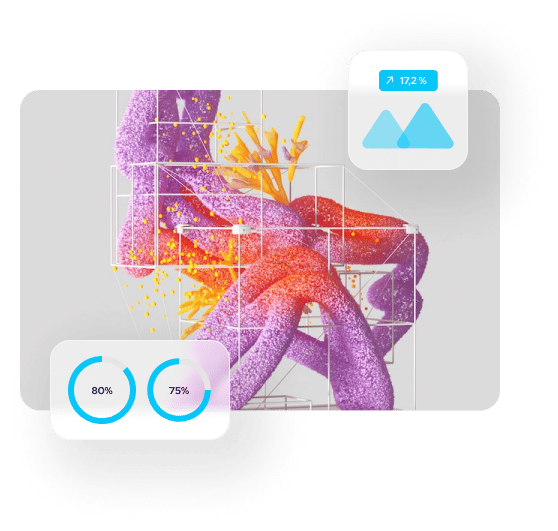
1 Assessment
Through the primary and secondary research, this assessment digs into each of your datasets, transactions, and processes to identify the core reasons for current challenges, a strategy to solve current issues, and a phased approach to execute recommendations.
3 Enterprise Architecture Development
This process helps with the documentation and reengineering of technical systems and processes. It also brings clarity to the enterprise architecture by identifying the roles and responsibilities of each system, as well as designing interaction and data flows.
5 Implementation
Once all the stakeholders are aligned on the business case, as well as the lowest-hanging fruit for the transformation. This step goes through a series of sprints for the design and development. This step might also result in phasing out some of the priorities and depending upon depending on the demo.
2Business Process Documentation and Re-engineering
This phase goes through a series of workshops to document the business processes and recommend reengineering steps that could be financially and technically risky during the implementation. As well as the process reengineering will help streamline operations, resulting in operational efficiencies.
4 Digital Transformation Prioritization and Business Case Development
The enterprise architecture and process reengineering could be multi-year transformation efforts. The purpose of this step is to prioritize the efforts and build the business case, one priority at a time. This step helps avoid the big bang approach and, as a result, failure with the digital transformation efforts.
6 Adoption and Optimization
Post implementation, this step helps in gathering feedback from the users if the initiative is aligned with their expectations as well as whether the initiative has helped them hit their KPIs.This phase iterates until the stakeholders confirm the results of the initiative.

